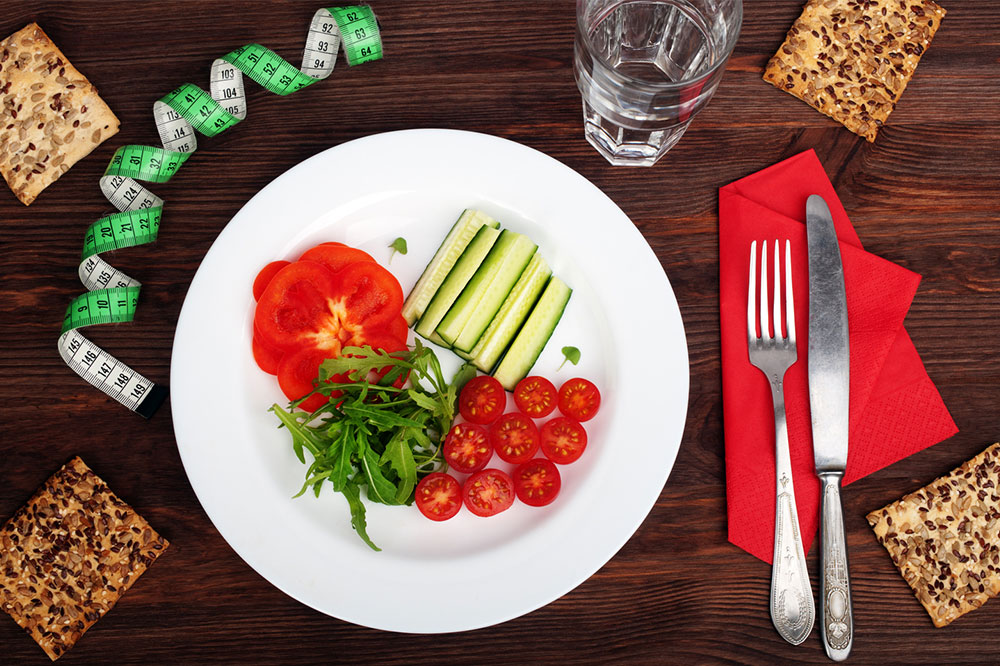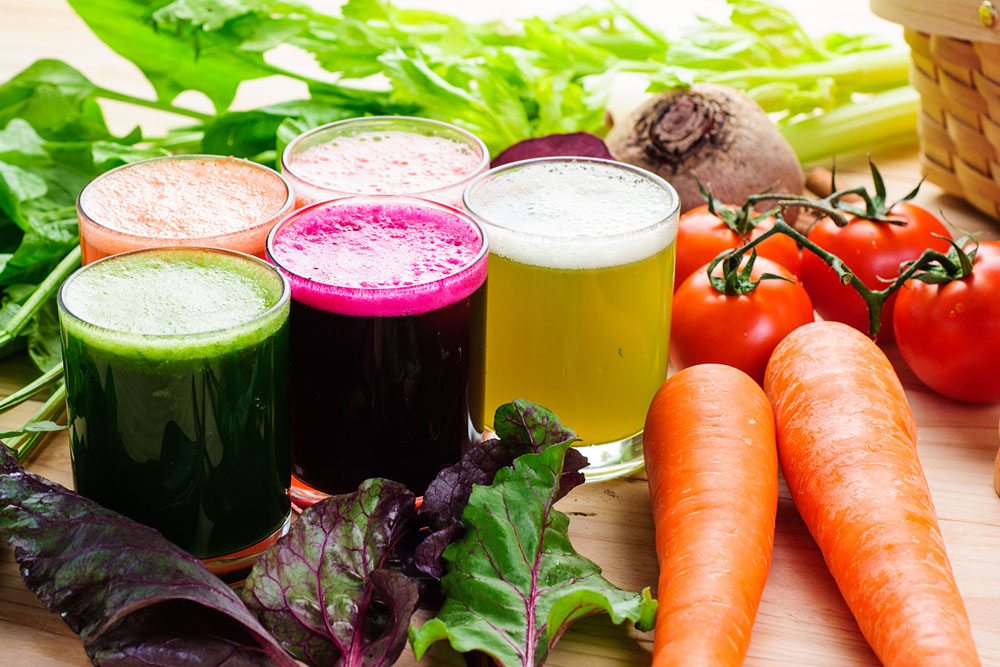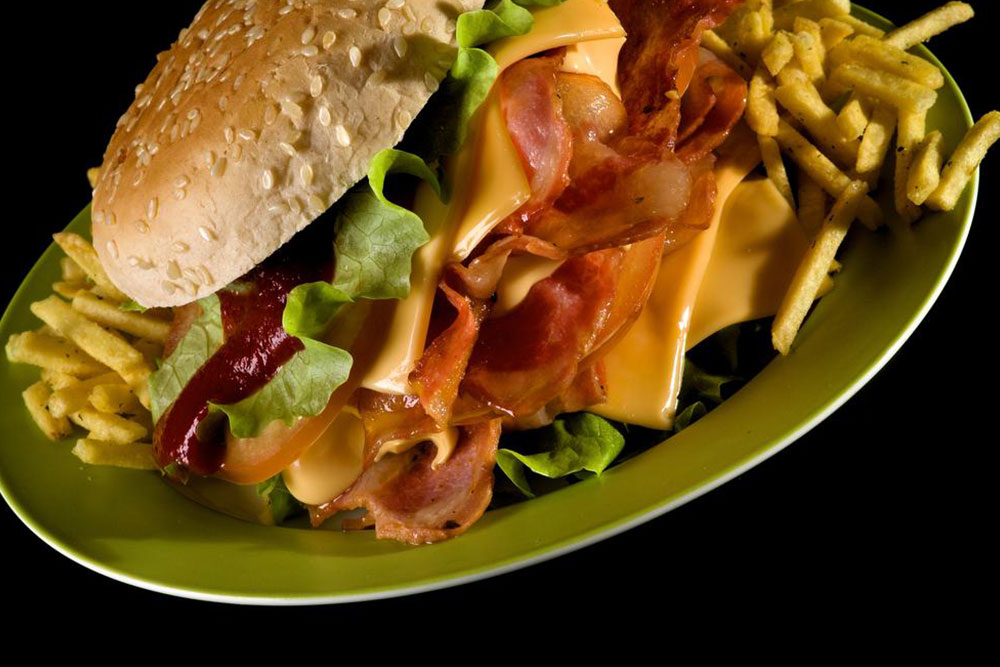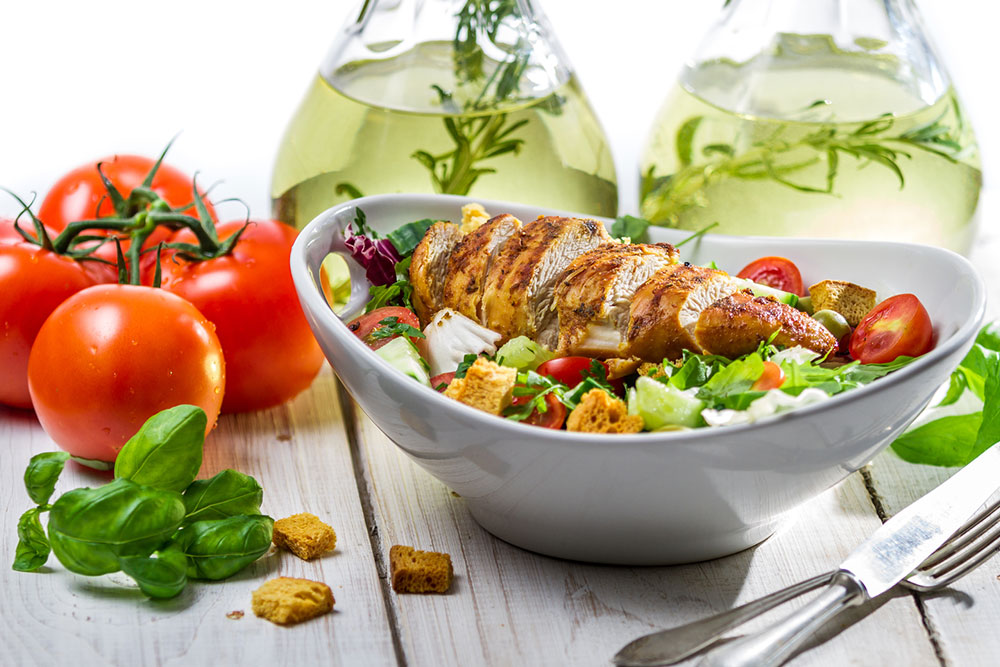Diet Tips: What to Consume and Avoid for Gastritis Relief
Discover effective dietary strategies for managing gastritis by learning which foods to include and avoid. Proper diet can alleviate symptoms and promote healing, but always consult a healthcare provider before making changes. This guide highlights gut-friendly options like probiotics, fiber-rich foods, and lean proteins, and advises against spicy, acidic, fried, and alcoholic foods that can worsen symptoms. Incorporating these tips can lead to better digestion and comfort. Always seek professional advice for personalized treatment plans to ensure safe and effective management of gastritis.

Gastritis is an inflammation of the stomach lining, often triggered by certain foods or bacterial infections. Managing your diet properly can help minimize symptoms and promote healing. Consulting a healthcare professional can guide you on suitable dietary choices. Below are key foods to incorporate and avoid for gastritis:
Recommended foods
Broccoli - Contains sulforaphane, which fights H. pylori bacteria responsible for gastritis.
Probiotic-rich foods - Yogurt, kefir, and sourdough bread support digestion and bacterial balance.
High-fiber foods - Apples, beans, carrots, oats aid digestion and alleviate discomfort.
Garlic - An antibacterial agent that targets H. pylori and reduces inflammation. Opt for capsules if raw garlic causes irritation.
Whole grains - Brown rice and whole wheat bread are healthier alternatives to processed grains.
Lean proteins - Skinless chicken, turkey, tuna, and egg whites help repair stomach lining without causing irritation.
Alkaline foods - Leafy greens, sweet potatoes, beets, and nuts help neutralize acid and reduce symptoms.
Foods to avoid
Spicy foods - Peppers, chili powder, and hot spices can worsen irritation.
Alcohol - Can inflame and damage the stomach lining, so should be avoided.
Acidic foods - Citrus fruits, tomatoes, coffee, and grains may aggravate symptoms.
Fried and fatty foods - These can impair digestion and increase inflammation.
Including gut-friendly, anti-inflammatory foods and avoiding triggers can help manage gastritis. Always consult a healthcare provider before making dietary changes to ensure personalized and safe recommendations.










